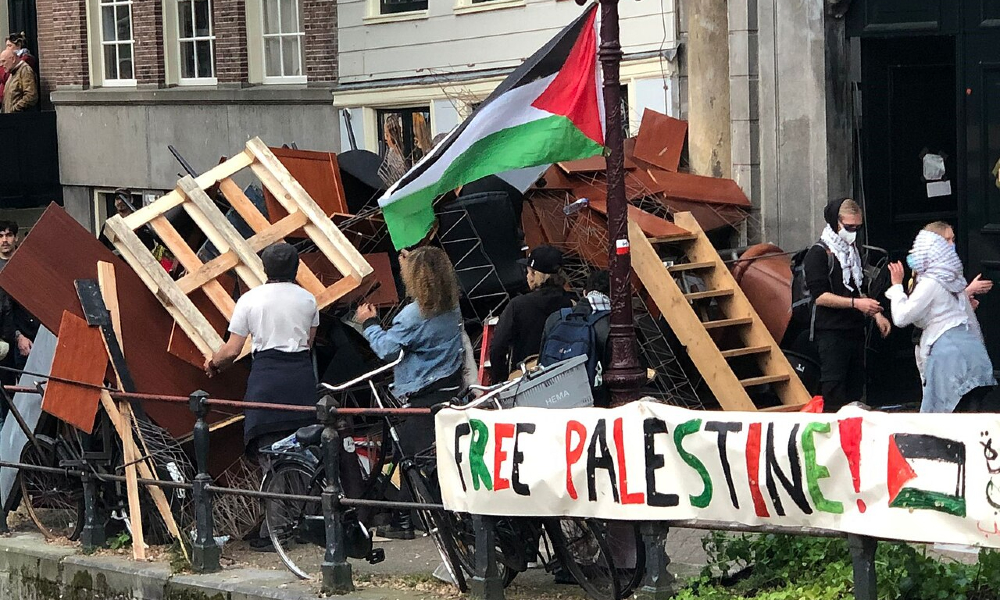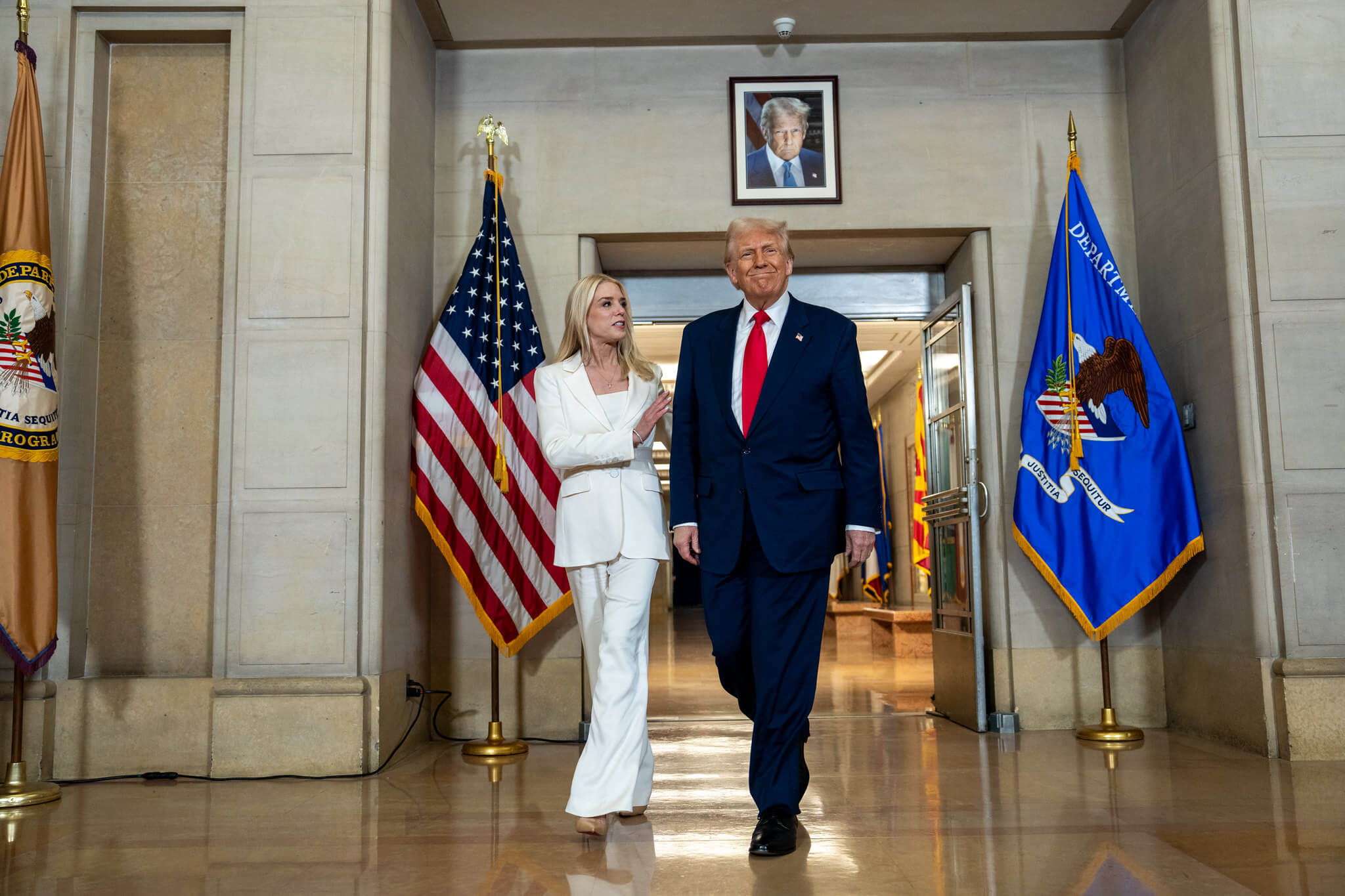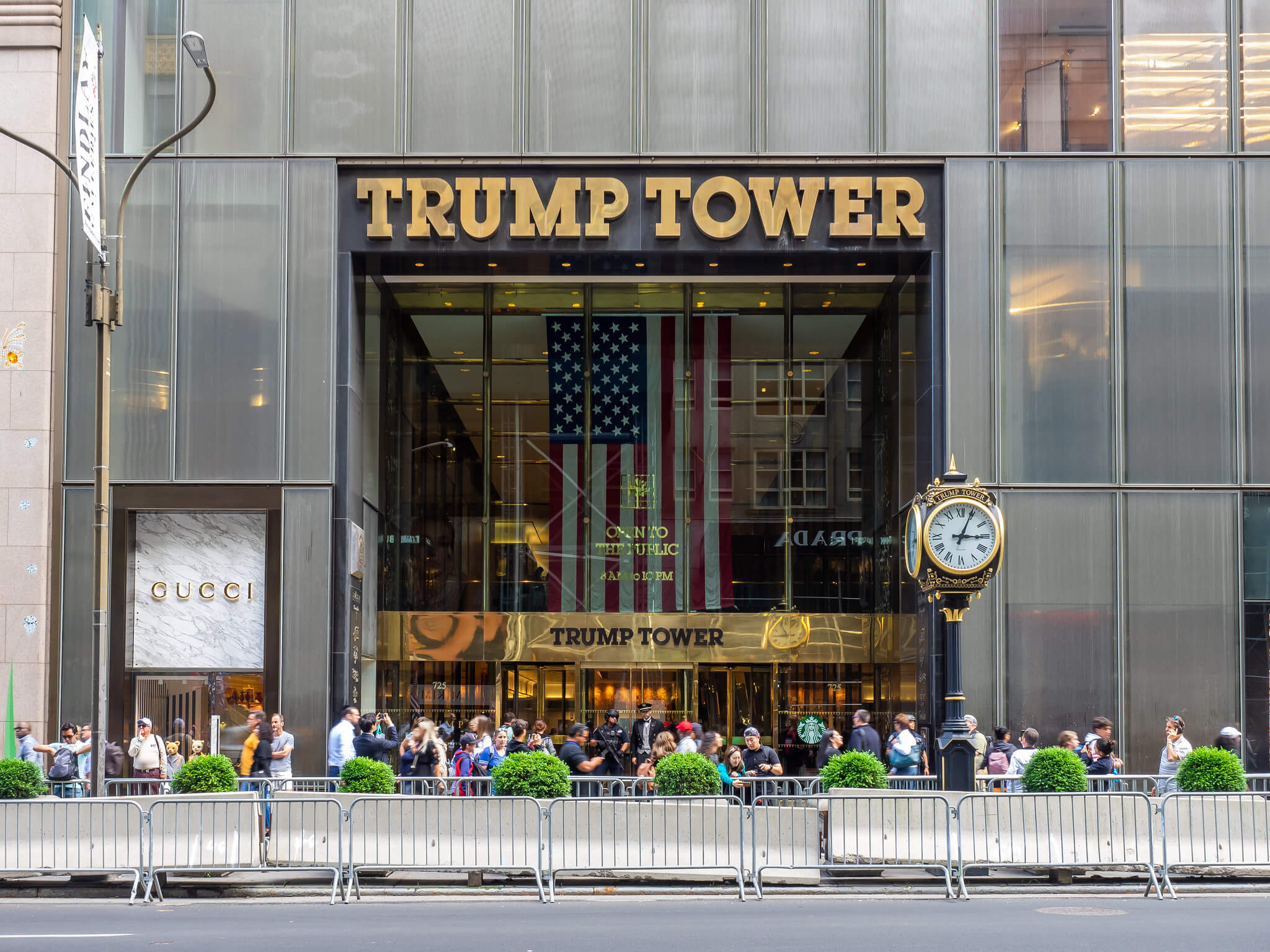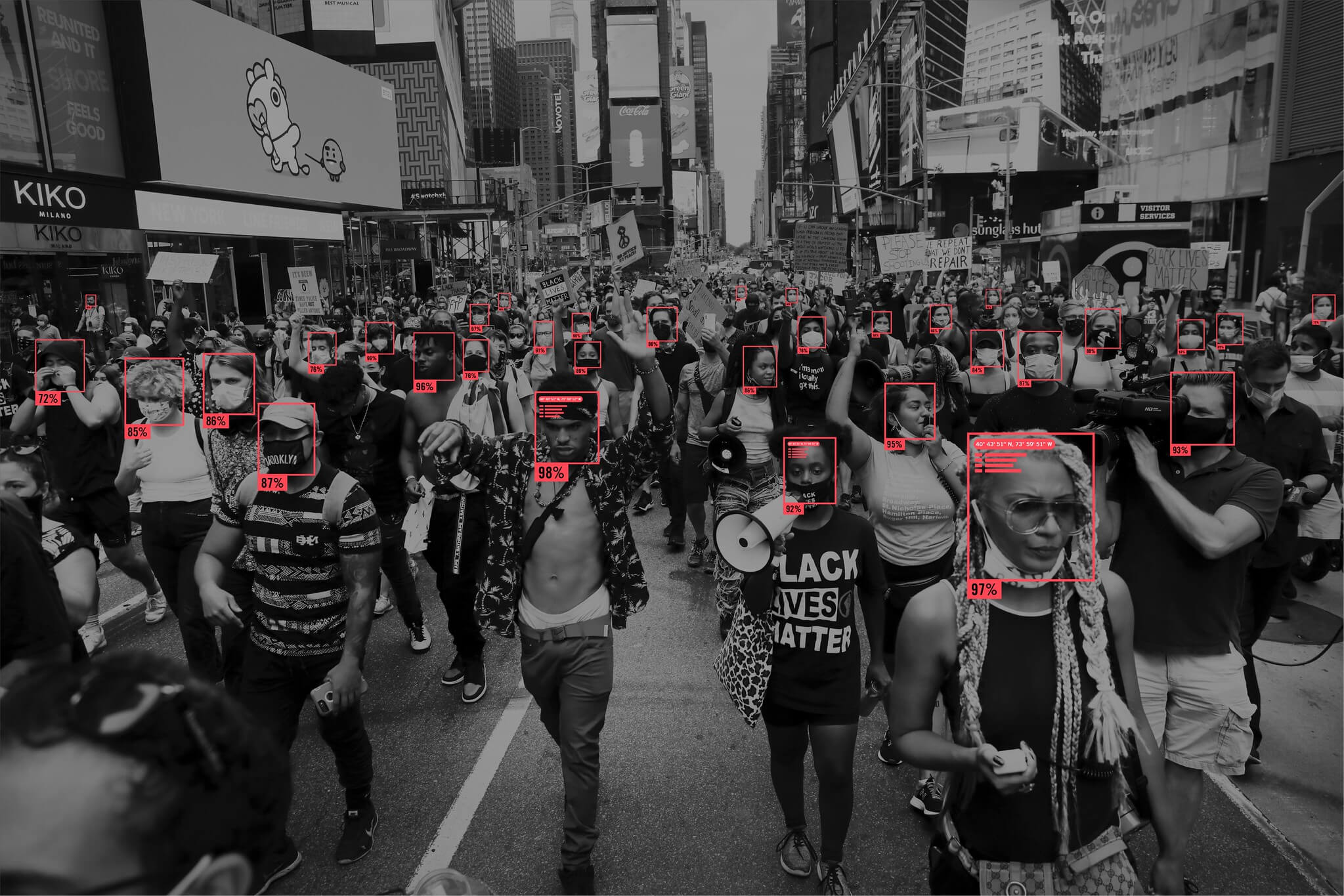Divided by Hate: Confronting Antisemitism and Islamophobia in the Netherlands

Published by The Lawfare Institute
in Cooperation With

Editor’s Note: The outburst of antisemitic violence in Amsterdam was shocking, but as the International Centre for Counter-Terrorism’s Tanya Mehra points out, it is part of a broader wave of anti-Jewish and anti-Muslim violence. Mehra argues that many of the proposed solutions to the violence in the Netherlands are likely to do little, and some may even increase polarization.
Daniel Byman
***
On the eve that Amsterdam commemorated Kristallnacht—the night when pogroms were carried out against the Jews by the Nazis in Germany on Nov. 9, 1938—a soccer match between Ajax Amsterdam and Maccabi Tel Aviv took place at the same time as a Free Palestine demonstration was being held not far from the stadium. Despite the presence of 800 police officers in the city, violence erupted after the match and nearly 30 Israeli soccer supporters were targeted, chased down the streets, and attacked for being Jewish.
The evening prior to the match, more than 50 Maccabi supporters chanted anti-Arab slogans, burned a Palestinian flag, and vandalized a few taxis, causing outrage among the general public in the Netherlands and, in particular, among the Muslim population. In the days that followed the match, videos of Israeli supporters being attacked and chanting anti-Arab slogans went viral, leaving the country deeply divided and in shock.
As antisemitism and Islamophobia are surging in Europe, including in the Netherlands, the antisemitic attacks against Israeli soccer supporters in Amsterdam hardly come as a surprise. Although all the main political parties in the Netherlands rightly condemned the attacks, the knee-jerk reaction that followed raises numerous concerns. Several political parties pushing anti-Muslim and anti-immigration agendas have conflated the attacks with terrorism and proposed measures that severely restrict the freedom of peaceful assembly and freedom of expression both online and offline. The attacks, outrage, and heated political debate are amplifying the existing polarization in society.
Rising Hatred in Response to the Israel-Hamas War
The number of antisemitic incidents has increased significantly in the Netherlands since the start of the Israel-Hamas war. The police registered 880 incidents in 2023, compared to 548 cases the year before. This number and uptick is particularly concerning because only 0.3 percent of the population of the Netherlands is Jewish. This makes it very likely for Jewish people in the Netherlands to encounter antisemitism. In the annual survey conducted by the European Union Agency for Fundamental Rights on the perceptions and experiences of Jewish people in 15 European countries, 83 percent of Jewish respondents in the Netherlands perceived an increase in antisemitism in the past five years.
The number of incidents against Muslims in the Netherlands since the start of the Israel-Hamas war is harder to trace. There is a specific national coordinator for antisemitism in the Netherlands, but no specific official for Islamophobia—though there is a national coordinator against discrimination and racism who addresses discrimination against Muslims. Furthermore, the Netherlands’s Annual Discrimination Monitor does not register discrimination against Muslims separately but does indicate a significant increase from 173 to 272 incidents that targeted Muslims in 2023. Across Europe, Islamophobia has also increased significantly since the Hamas attacks, and Muslims feel they are being blamed for jihadist attacks, particularly in online spaces in the aftermath of the Southport attack in July 2024.
Right to Demonstrate
Against the backdrop of rising tensions in society, protesters have held many demonstrations in the Netherlands since the start of the Israel-Hamas war. Last year, as at many other universities in many countries, sit-ins were being held at the University of Amsterdam and other academic institutions for several days, leading to several clashes with police and resulting in 4.1 million euros in damages. In Amsterdam alone, the number of demonstrations nearly doubled in 2024, an increase attributable largely to the Israel-Hamas war but also to climate protests. As the number of demonstrations increases and society becomes more polarized, it poses a challenge to the police—who have limited resources—to protect freedom of expression and ensure public order and safety. Another complicating factor for authorities is social media, which has facilitated (more) spontaneous demonstrations that can take place within just hours and mobilize both proponents and opponents of a specific cause.
Although no permit is required to demonstrate, authorities recommend that organizers of demonstrations notify the municipality. Failing to do so does not make the demonstration illegal but does make it more difficult to manage if it gets out of control. The margin to restrict demonstrations based on the views expressed is narrow, but there is a broader margin to impose restrictions on demonstrations when they are not peaceful. The challenge for authorities is how to identify and respond to a few protesters who resort to hate speech or violence within a demonstration while respecting others’ right to a peaceful assembly.
In the current polarized climate, the right to demonstrate is coming under increasing pressure. One of the proposals adopted by the Parliament prior to the incidents in Amsterdam includes a total ban on face-covering clothing. In January 2025, the government indicated that there are legitimate reasons for people to conceal their identity at demonstrations, for example, when demonstrating against a foreign country’s dictatorial regime; the government also noted that the mayor is already able to impose a ban on face-covering clothing. Nevertheless, such a ban and other proposed restrictions remain on the table, including restricting the locations where demonstrations can be held and making prior notification mandatory. Currently, protesters who violate the conditions of a demonstration can face a maximum prison sentence of two months. Another option that could be considered is to increase the maximum sentence while leaving the appropriate sentence in individual cases to the discretion of a judge.
Framing the Attacks as Terrorism
The response by local and national politicians has led to heated debates, even weeks after the attacks in Amsterdam. Geert Wilders, leader of far-right Party for Freedom (PVV)—the largest party in the Netherlands—has responded with harsh words against antisemitic attacks and alleged perpetrators. The hit-and-run attacks were allegedly committed by persons with a migrant background, and in the public debate Wilders called for “such Muslims” to “be stripped of their nationality and kicked out of the Netherlands.” During the parliamentary debate, several proposals were made, three of which are particularly noteworthy.
One proposal would strip the nationality of persons convicted for antisemitism, as is the case with convictions for terrorism in the Netherlands. The deprivation of nationality after a criminal conviction for terrorism offenses already raises many concerns and would be even more problematic for antisemitism-related convictions. Deprivation of nationality could be arbitrary, increase the risk of statelessness, and constitute violation of the non-discrimination principle as this measure can apply only to convicted persons with two nationalities. Applying this measure to antisemitism would be challenging as antisemitism is not a separate legal criminal offense, in contrast to terrorism. Under Dutch law, antisemitism is a form of discrimination or racism and can be prosecuted as a common offense with a discrimination aspect or as a discriminatory offense, such as insulting a group or incitement to hate, discrimination, or violence. Another concern—like with convicted terrorists—is that the country of a convicted person’s other nationality might not cooperate in their return. This would create an untenable situation once the person is released from prison. Deprivation of nationality is purely symbolic and can be counterproductive.
Another suggestion proposed during the debate would be to prosecute the perpetrators for a terrorism offense. While there may be indications on social media that some of the perpetrators had antisemitic motives, calling it a terrorism offense would require prosecutors to prove a terrorist intent. This would require demonstrating that the attacks were intended to spread fear among the population or to compel a government to act or refrain from a certain act. Conflating antisemitism with terrorism shifts the focus from a discriminatory motive to terrorist intent, and it can have a negative impact on how different communities in society perceive the violence.
The current government had already indicated that it intends to criminalize the glorification of terrorism, also referred to as “indirect incitement or public provocation.” In light of the attacks in Amsterdam, this has now also specifically been included in the plans to combat antisemitism. In France, glorifying terrorism, also referred to as “apology of terrorism,” was initially part of the Freedom of Press Act of 1881, but after the 2015 Paris attacks it was moved to the criminal code so that prosecutors could use this offense in jihadism cases. More recently, the use of this offense has stirred up debate as prominent people, including pro-Palestine political scientist Francois Burgat and left-wing parliamentarian Mathilde Panot, are being investigated for apology of terrorism for their criticism of Israel. Earlier attempts to criminalize the glorification of terrorism in the Netherlands were met with considerable criticism. Since the adoption of the 2005 Council of Europe Convention on Terrorism and EU Directive 2017/541 on Combating Terrorism, countries have been required to criminalize direct and indirect provocation to terrorism, the latter including both glorification and justification of terrorism. The scope and definition adopted by individual countries to implement this offense differ, with some adopting a narrow definition and others a broad one that includes glorification, public justification, promotion of terrorism, and denigrating victims. Glorification of terrorism is problematic because it is difficult to objectively determine intent, the probability of harm, and the causal link between acts of provocation and actual terrorism offenses. Prosecuting individuals on glorification of terrorism charges could unlawfully restrict freedom of expression by silencing legitimate criticism and political dissent. Another challenge is that there is a broad margin of appreciation for both the prosecutors and judges that could lead to ambiguity about what constitutes indirect incitement or public provocation to terrorism on a case-by-case basis.
Earlier this year, the denial of the Holocaust was made a criminal offense in the Netherlands. The offense is in fact broader and criminalizes the denial, downplaying, or justification of war crimes, crimes against humanity, and genocide, and can lead to a one-year prison sentence. This law has also come into play regarding the violence last November. Two law professors in the Netherlands filed a criminal complaint against Maccabi supporters who, by chanting slogans about the deaths of children in Gaza, allegedly glorified acts committed in Gaza that could qualify as war crimes.
Finally, the Parliament adopted several motions to dissolve organizations that promote the destruction of the Israeli people or their country or to list them as terrorist organizations. This specifically applies to the Popular Front for the Liberation of Palestine (PFLP) and the Samidoun Palestinian Prisoner Solidarity Network. The PFLP is already designated by the EU, and this designation is also applicable in the Netherlands. Samidoun was designated as a terrorist group in the United States and Canada in October 2024 for fundraising for the PFLP and was banned in Germany in November 2023. The question of whether these organizations should be designated as terrorist groups or banned is irrelevant for bringing the perpetrators of the antisemitic attacks in Amsterdam to justice, unless the organizations were involved in the attacks or are engaged in inciting antisemitism in the Netherlands. The Israeli Ministry for Diaspora Affairs and Combating Antisemitism shared a report on social media implicating pro-Palestine organizations in the riots in Amsterdam, but the Dutch cabinet has expressed frustration about the “undesirable” manner in which the Israeli ministry shared the report, which could be seen as foreign interference.
Prosecuting Hate Crimes
Antisemitic and anti-Muslim violence are both hate crimes motivated by prejudice based on race or religion. A more appropriate response would be to take into account discriminatory or racial motive as an aggravating factor during sentencing. Several countries, including Belgium, France, and Italy, have included a discriminatory motive in their law, and a legislative proposal to adopt a similar provision had already been drafted in the Netherlands prior to the attacks last November. One of the advantages of this approach is that it can have a deterrent effect and reflect more appropriately the gravity of the crime.
Despite guidance provided to prosecutors about how to consider crimes with discriminatory motives, it remains challenging to prove discriminatory motive, as can be seen in the first convictions related to the violence in Amsterdam. In one case, a perpetrator’s discriminatory comments were taken into account as an aggravating factor, although the perpetrator’s discriminatory motive could not be established. Further resources and research are needed to ensure that discrimination can contribute to sentencing appropriately and effectively in the Netherlands.
So far, the first five persons tried in relation to the November attacks have already been convicted for a range of offenses, such as publicly assaulting Maccabi supporters, online incitement to violence, and insulting a group. While these offenses normally yield community service, the court has handed down more severe sentences due to the seriousness of the offenses. Investigations into the actions of several other suspects engaged in the violence in Amsterdam are ongoing.
A Better Approach
One of the hard lessons of the past two decades of counterterrorism is that the legislative fever of adopting new terrorism offenses and far-reaching investigative powers have far too often negatively impacted human rights and can even be a trigger for violent extremism. When antisemitic attacks are labeled as terrorism, while anti-Muslim attacks are regarded as hate crimes, this could be seen as applying a double standard and further exacerbate tensions in society. Furthermore, this distinction deflects from the underlying assumptions that feed into antisemitic prejudice and discriminatory behavior.
Although the government was already developing a plan to combat antisemitism, the attacks in Amsterdam have clearly accelerated and influenced the adoption of a comprehensive strategy against antisemitism.
In the aftermath of any attack, countries must engage in critical debate to reflect and recalibrate existing measures before rushing to adopt new security measures, some of which are symbolic or not feasible in practice. Implicitly or explicitly holding the entire Muslim population in the Netherlands responsible for antisemitism while treating Islamophobia as an afterthought would clearly miss the mark.
As antisemitic and Islamophobic incidents spike, human rights are being caught in the cross fire. The right to freedom of expression, whether online or offline, and the right to peaceful assembly are under pressure. Adopting only hard security measures is not helpful. Instead, authorities must carefully assess and strengthen existing criminal measures where appropriate and invest in preventive measures.
When political parties capitalize on violent incidents to push their anti-immigration agenda, they only create more polarization in society. In the short term, efforts should be directed at restoring public order and promoting dialogue, as well as bringing the perpetrators to justice. In the long term, it is crucial to invest in social cohesion that addresses antisemitism and Islamophobia equally.

.jpg?sfvrsn=4a0c9f99_3)



